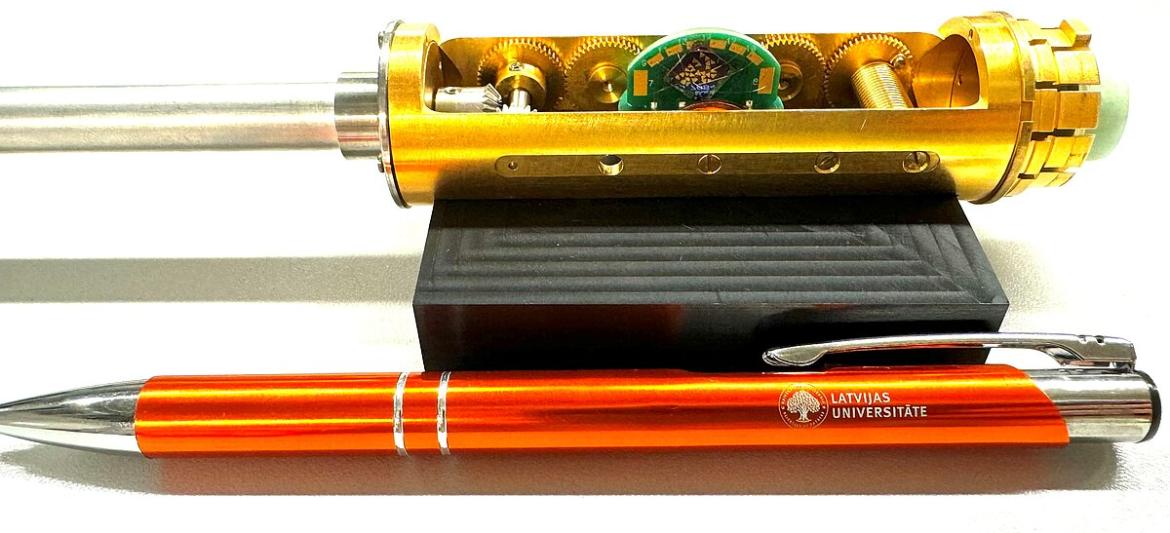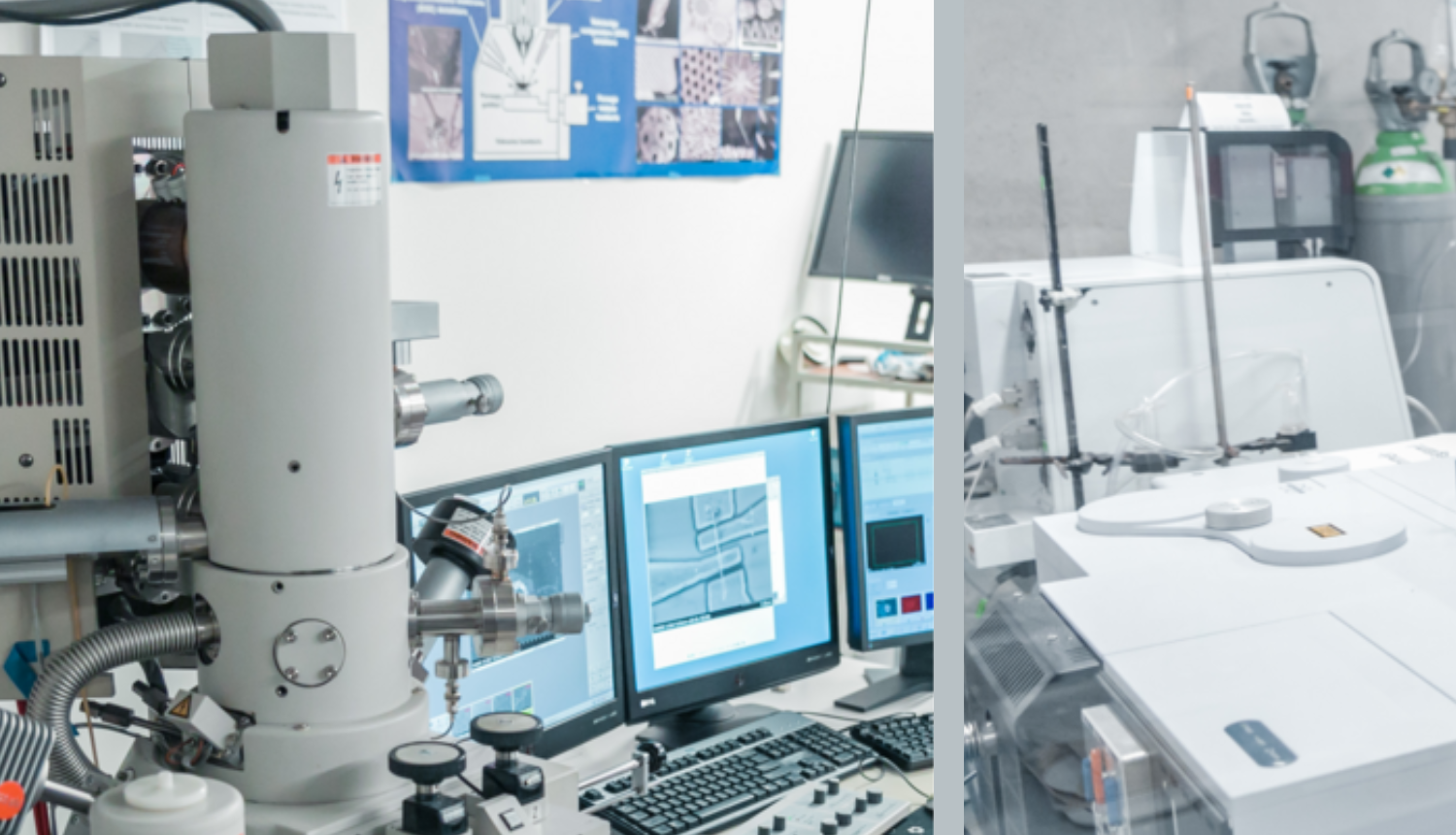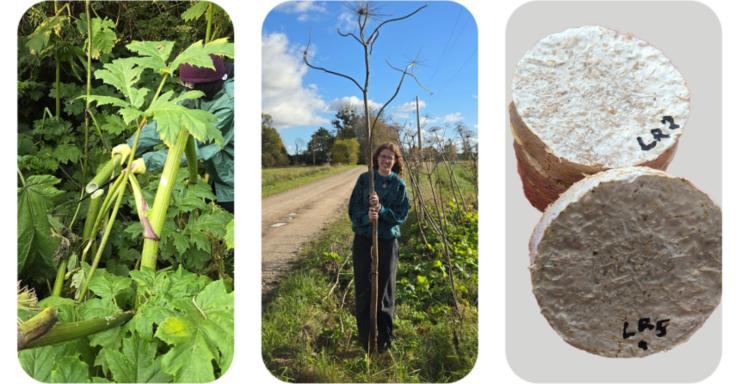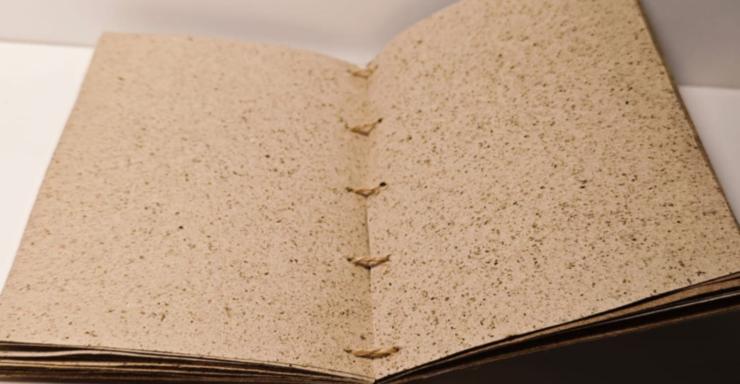The University of Latvia (UL) Faculty of Physics, Mathematics, and Optometry has made a significant contribution to the development of materials science and nanotechnology. A closed-cycle cryostat system has been enhanced with unique equipment that enables comprehensive quantum property research of novel materials and testing of nanoelectronic devices under various operational modes. This setup, the only one of its kind in the Baltics, facilitates sample rotation and allows charge carrier transport measurements in a magnetic field (magnetotransport measurements) across a broad temperature range from 2 to 300 kelvins.
"Significant breakthroughs in modern science are impossible without advanced scientific equipment. This new addition enables experimental research previously unattainable in the Baltics. Since the discovery of the first transistor in the 1950s, the rapid development of miniaturization technologies and the materials used has transformed daily life. This transformation continues today. The research of nanoelectronic devices, including sensors, ultra-fast transistors, and various other functional components, is ongoing worldwide," explains Dr. chem. Gunta Kunakova, leading researcher at the UL Institute of Chemical Physics.
Under Dr. chem. Kunakova's leadership, the UL Institute of Chemical Physics conducts fundamental research on novel materials such as atomically thin layers and nanowires.
One of the core methods for testing the electronic properties of materials, for instance, to determine how quickly electrons can move within them in the presence of an electric field, is magnetotransport measurement. In such studies, charge carrier transport is measured under the influence of a magnetic field. The equipment allows changing the angle at which the sample interacts with the magnetic field, enabling the determination of properties specific to a sample's plane, interface, or particular crystallographic direction. These measurements provide a comprehensive characterization of the material's properties.

"Thanks to the new equipment, we can now conduct extensive fundamental research on the quantum properties of novel materials and test the functionality of nanoelectronic devices under different conditions - something that was previously impossible. The benefits of these studies will manifest in the future. For example, utilizing the properties of topological insulators could enable protected charge carrier transport, which could form the basis for significantly more energy-efficient electronic devices and be used in 'error-resistant' quantum computing," explains Dr. chem. Kunakova.
The availability of such measurements significantly improves the quality and scope of scientific data and enables research on novel materials and nanoelectronic devices at a much higher level.
The newly acquired equipment is expected to play a key role in training new specialists and conducting innovative research on materials and nanoelectronic devices, thereby reaching higher technological readiness levels.
Using the additional equipment for the closed-cycle cryostat PPMS Dynacool-9T - a sample holder enabling sample rotation during magnetotransport measurements - the University of Latvia can now perform angle-dependent magnetotransport characterization of the quantum properties of innovative materials and nanoelectronic devices.
This work is implemented within the research project funded by the Latvian Council of Science and the UL Foundation program "MikroTik Project Competition in the Fields of Natural, Technological, and Medical Sciences", supported financially by "Mikrotīkls", Ltd..
Title image is for illustrative purposes only. Source: UL Institute of Chemical Physics.


